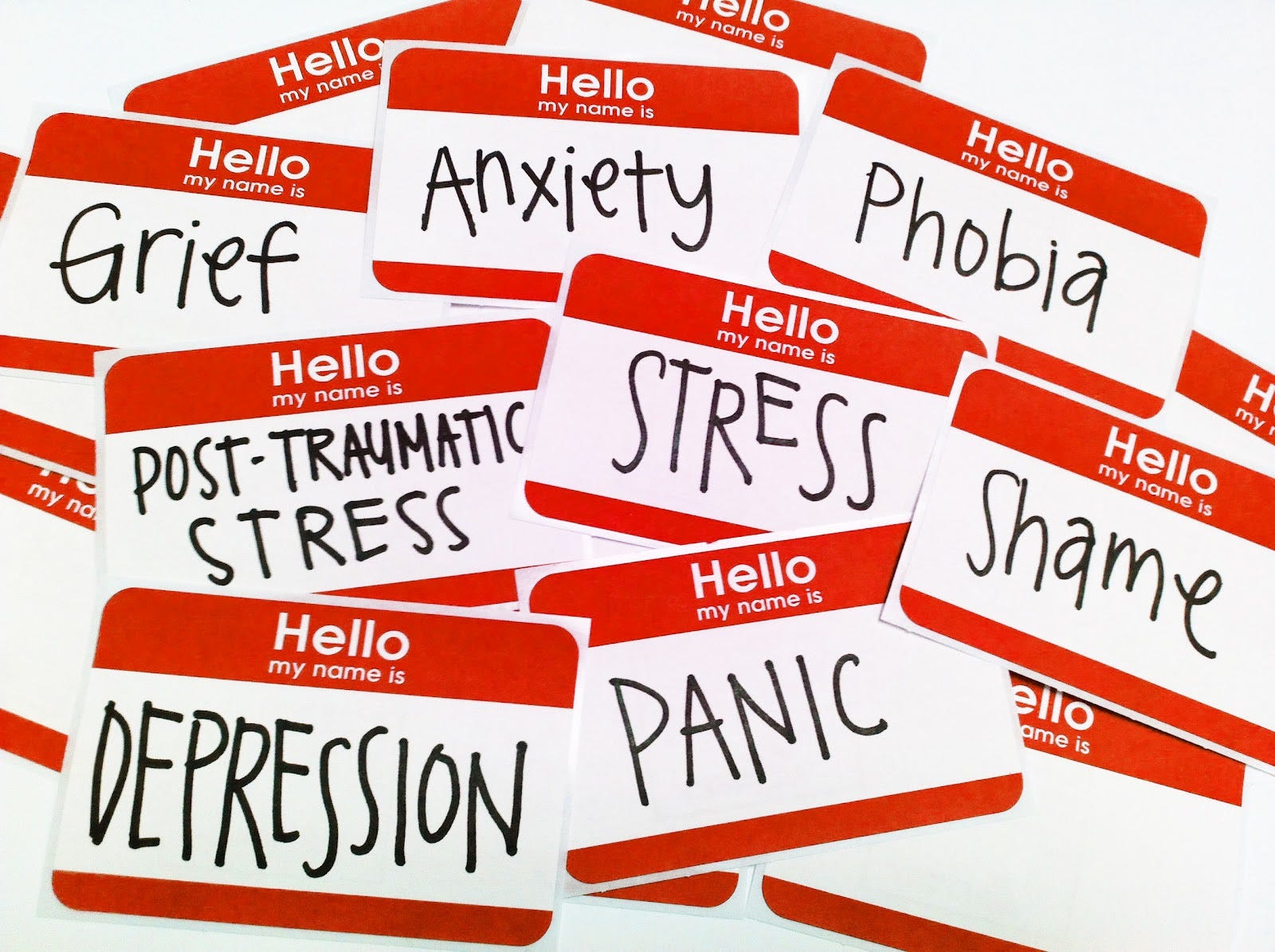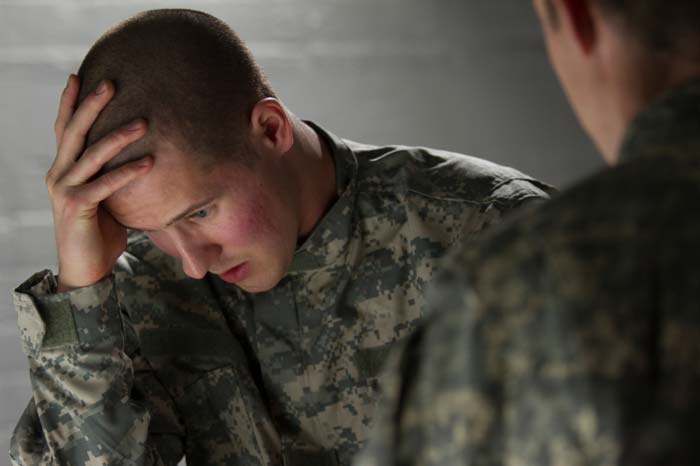Atlanta's Elite Fashion and Entertainment Consultants
Dating Someone with Complex PTSD: Healing and Growing With Your Partner
❤ : Dating with ptsd
At the same time, certain dynamics in the relationship could be a way to play out past trauma that only the unconscious mind knows about there are no conscious memories , in an attempt to alert the conscious mind that there is something that needs healing — like a beacon trying to get attention. Being in a relationship means being open with your partner and sharing life experiences, both the good and the bad. This is directly in relation to the injuries, so it invokes the terror of nearly dying, which makes it hard for my mind to put it into perspective in regards to all aspects of the experience. Do not be afraid to call her out if she is covering up her symptoms.

She said she was diagnosed with it, but never sought treatment. Half of the fun of falling is that pit in your stomach — and that voice. If she refuses to help herslef, you should exit... Love and understanding what treatment options are available are important Personality Disorders Borderline This disorder is anything but a hit 80s song from Madonna.

But the first question would be, does she want to change. If there's a chance, I'll do it, but I have to do it right. You might want to jump head first into a relationship after one of those marathon dates that make him stand out from all the rest, but take a second, breathe…and get to know him. Dating with ptsd you need to be understanding when you see your partner exhibiting nervousness, irritability, antsy movements or erratic behavior on a date. Sam Dylan Finch is a Contributing Writer at Everyday Feminism. On the flip side is depression. Please don't tell me that.
5 Ways to Lovingly Support Someone With C - Mental illness is no fun to be around. PTSD Dating helps singles diagnosed with PTSD, to find a romantic partner with or without PTSD who accepts them the way they are and is willing to go the extra mile!

In we looked at some ways PTSD may affect the foundation, the basement and floor, of a relationship. The relationship house consists of the day-to-day relating, activities, growth, intimacy and connection that the couple creates. This is the metaphorical house they will live in together so they are trying to make it into something positive, healthy and supportive in their lives. But sometimes, sadly, things go wrong. And things go wrong easily if one partner has PTSD. In my experience, PTSD causes an extreme amount of stress, not only for the partner who has PTSD but for both partners as well as children and extended family members if there are any in the picture. Both partners may suffer from a sense of exhaustion because PTSD burns up energy like nothing else. They both may also suffer health problems due to this extremely high level of stress. I salute any relationship that is managing to survive PTSD! Detachment and Avoidance Boyfriend Speaks — My Detachment and Avoidance Impact him the Most. When I asked my boyfriend what he thought the worst things were about being in a relationship with someone with PTSD he mentioned the following: Sleeping A Lot. The first main issue is was how I sleep a lot, am frequently exhausted, can go into myself and be totally emotionally detached and absent. Scared to Do Stuff. This is directly in relation to the injuries, so it invokes the terror of nearly dying, which makes it hard for my mind to put it into perspective in regards to all aspects of the experience. The triggers are magnified or exaggerated in my mind to become the entire potential experience and then of course I avoid the activity. The worst things are not being able to see who he is for real and feeling so terrified of him for no reason. Also, not having memories makes it hard to be in a relationship. Seeing his face, the look of disappointment, when I am unable to remember something, is painful. I also feel really disabled and different when I realize my memory is damaged and I become afraid and sad. When I realize how dependent I am on him for things like remembering stuff, or when I need him to comfort me when am triggered and feeling terrified, I can become really clingy. I become mad at myself. This whole line of thought then starts to seed lots of fear, confusion and guilt when perhaps clinginess is just part of recovery. I am not up to doing things a lot of the time. Sometimes I get addicted to computer games to escape my intense feelings that are bubbling just below the surface. I feel really bad for abandoning my partner and my life. When I am very suicidal, I see how worried he looks and this hurts. I feel bad that I have physical limitations and injuries due to the accidents, and lost my figure and the beauty of my appearance. I wish I could be my old self with my nice figure I used to have for my boyfriend. I wish I could turn back time. I wish I looked pretty again. I wish I could give him that. What else was lost? If I even begin to go down that road I feel I will be lost. I notice that he looks stressed, like everything is taking a toll on him. I notice he has started to have some health issues, probably from stress. Most of the time, I wish I could be a better, normal partner. I feel a lot of guilt and helplessness. I also feel like over time PTSD can destroy the love one genuinely has for their partner, because it takes over emotionally and in the storm one can forget any of the positive, loving emotions they once felt towards their partner. At the same time, certain dynamics in the relationship could be a way to play out past trauma that only the unconscious mind knows about there are no conscious memories , in an attempt to alert the conscious mind that there is something that needs healing — like a beacon trying to get attention. I left out a large number of things, but it shows some of the main ones. Grief may not be always considered in relation to PTSD. But what happens when you have PTSD and go to therapy? At a certain point, you come across a great loss that was sitting underneath the trauma all along. You lost someone you love. You lost your appearance due to injury. You lost an opportunity. You lost your innocence. You lost the person who you used to be. You lost a dream. You lost your relationship with God. So I think grief is in there and if it is a profound grief, you may not be available to your partner — at least not fully — until you grieve that loss or those losses. The part of your heart lost in grieving will be a part of you that is not there to love your partner. Although not all people with PTSD feel suicidal, it is a symptom of PTSD. It can be very difficult for a relationship when one person is suicidal. They can feel worried, confused, scared and helpless. Even if the suicidal behavior is more passive, for example, if the person does not take care of their health, engages in risk taking behavior or has a cavalier attitude about living and dying, this still takes a toll on their partner. If a person has both PTSD and Depression together or any other mental illness they will abandon their partner to an even greater degree than if they suffer from PTSD alone. I have categorized them and elaborated on them much more in this article. Numbers 1-34 roughly can be considered to cause intimacy problems. These symptoms cause the person suffering from PTSD to abandon their partner and their relationship without meaning to. This is not their fault. Numbers 34-50 are a bit more related to amping up the stress in the relationship. These symptoms cause the person suffering from PTSD to increase the level of stress in the relationship without meaning to. People with PTSD may experience… ISSUES THAT DISRUPT INTIMACY 1. All their PTSD symptoms may lead the survivor feel a variety of challenging emotions regarding their partner: guilty, helpless, self-doubt regarding their own motives in the relationship, worry, confusion 10. All their PTSD symptoms may lead the survivor feel a variety of challenging emotions regarding relationships in general: a sense that they are dramatically different from others, not worthy of love, impaired, a failure, doubts that they have anything to offer anyone, belief that they are damaged goods, low self-esteem and self-worth DETACHMENT 11. They may have dulled senses, as if the world is all gray and constricted 14. Can become dissociated 15. The trauma survivor may end up depending a lot on their partners, family and friends due to the overwhelming and disabling nature of their symptoms which can cause a number of related issues such as guilt, resentment, and strain in the relationship. Addictions can destroy intimacy and relationships. As a result they may not be able to get enough rest and thus become exhausted all the time. They can be plagued by trauma memories, triggers, flashbacks, be overly stressed and tense, irritable, jumpy, always on guard, worried, nervous and unable to relax. They are convinced something terrible has happened. This level of chronic stress can lead to serious health conditions, which can be huge ordeals for a couple to get through ANGER 42. They may become violent verbally and physically 44. They may avoid closeness as a way to keep themselves away from situations in which they might get angry and lose control, lash out impulsively. In other words, they may push away loved ones to protect the people they care about from themselves. The indirect impact of trauma on the partner can make them also feel a sense of danger, edginess, fear as if they are living in constant threat of danger. These dynamics are discussed in Part 3. The good thing is that — if the person with PTSD goes to a therapist who knows Somatic Experiencing or Sensorimotor Psychotherapy, they can, step by step, overcome their symptoms and restore a loving connection with their partner, or part ways with their partner, depending on which is most healthy for both people. At least they will emerge from the storm and be able to see clearly again. Browse art prints and other cool products from The Art of Healing Trauma Blog:.
Being In A Relationship With A Veteran
But the first question would be, does she want to change. If there's a chance, I'll do it, but I have to do it right. You might want to jump head first into a relationship after one of those marathon dates that make him stand out from all the rest, but take a second, breathe…and get to know him. Dating with ptsd you need to be understanding when you see your partner exhibiting nervousness, irritability, antsy movements or erratic behavior on a date. Sam Dylan Finch is a Contributing Writer at Everyday Feminism. On the flip side is depression. Please don't tell me that. 6 new dating apps 2018 Jyske bank.dk/reelejer 100 free dating sites for singles
Views: 5
Comment
© 2026 Created by Diva's Unlimited Inc..
Powered by
![]()

You need to be a member of Divas Unlimited Inc to add comments!
Join Divas Unlimited Inc